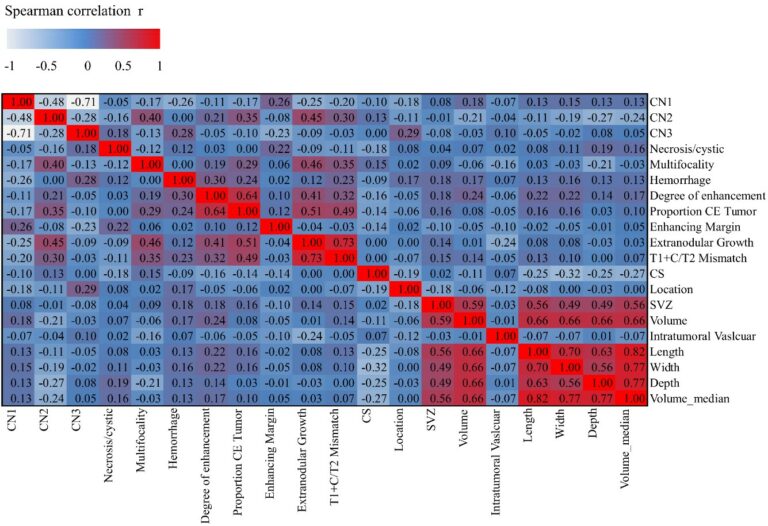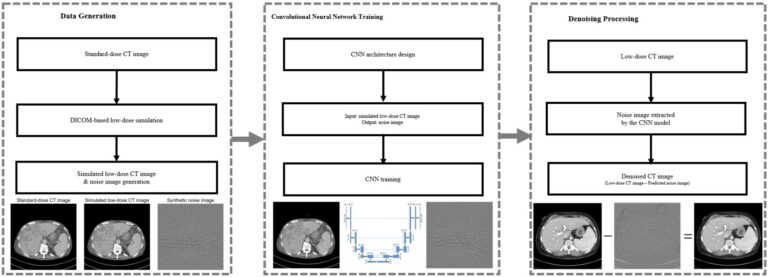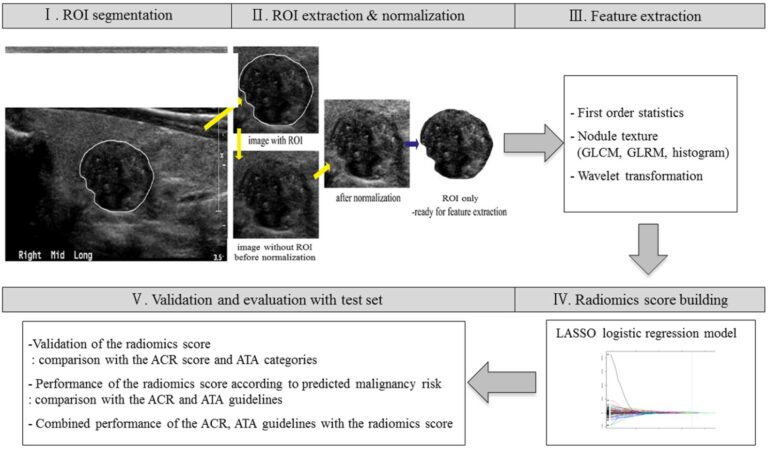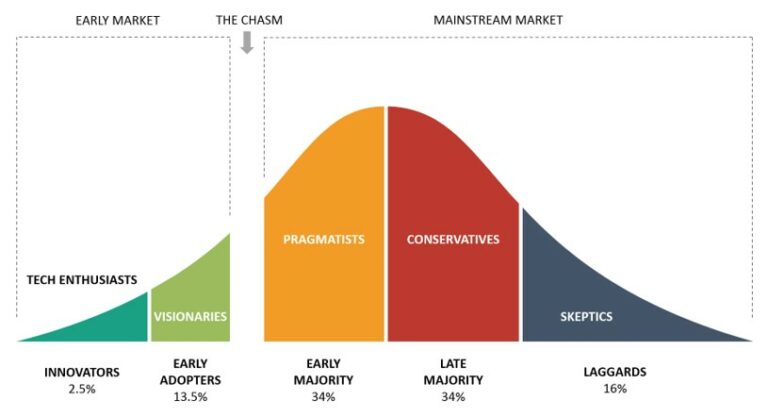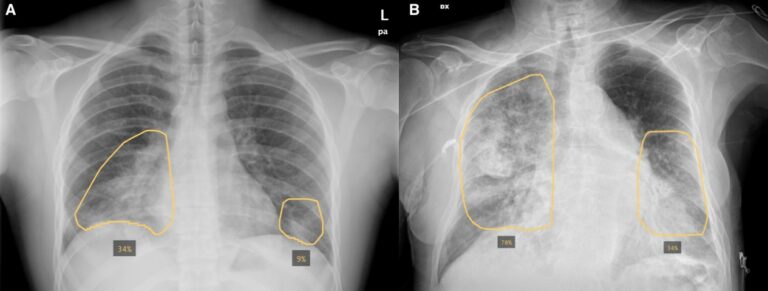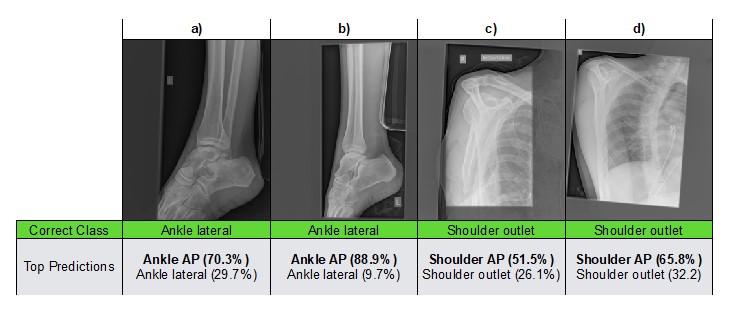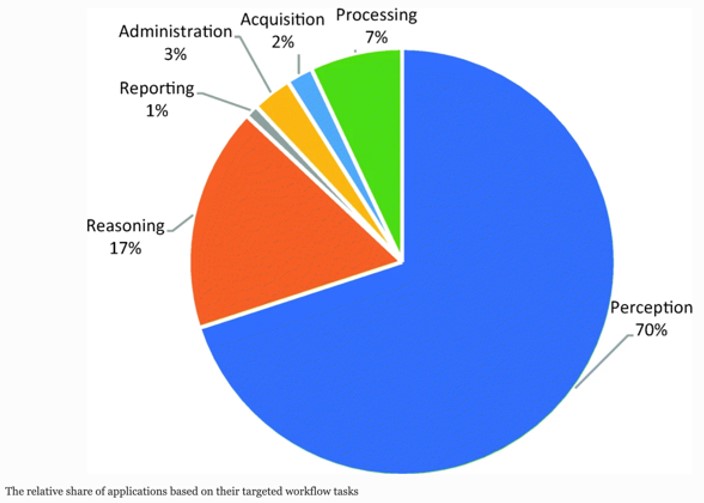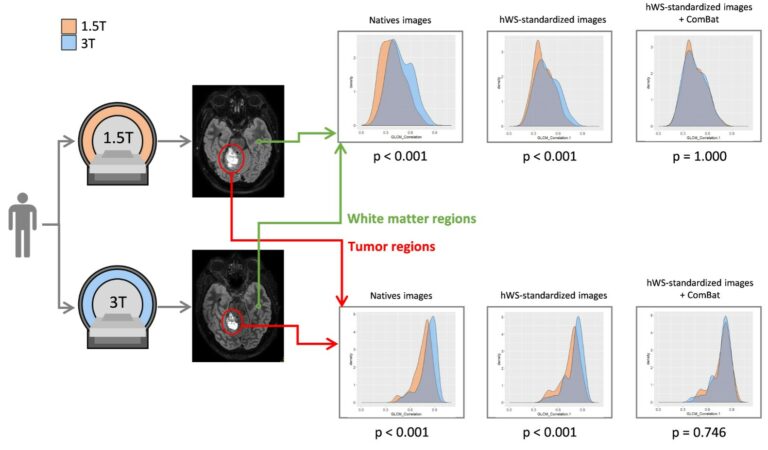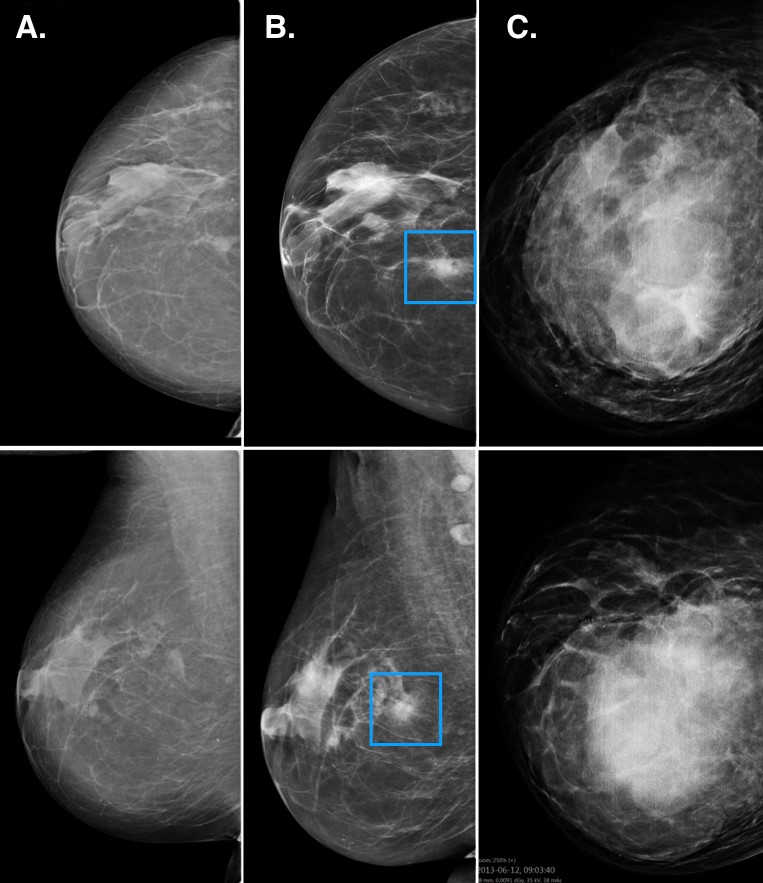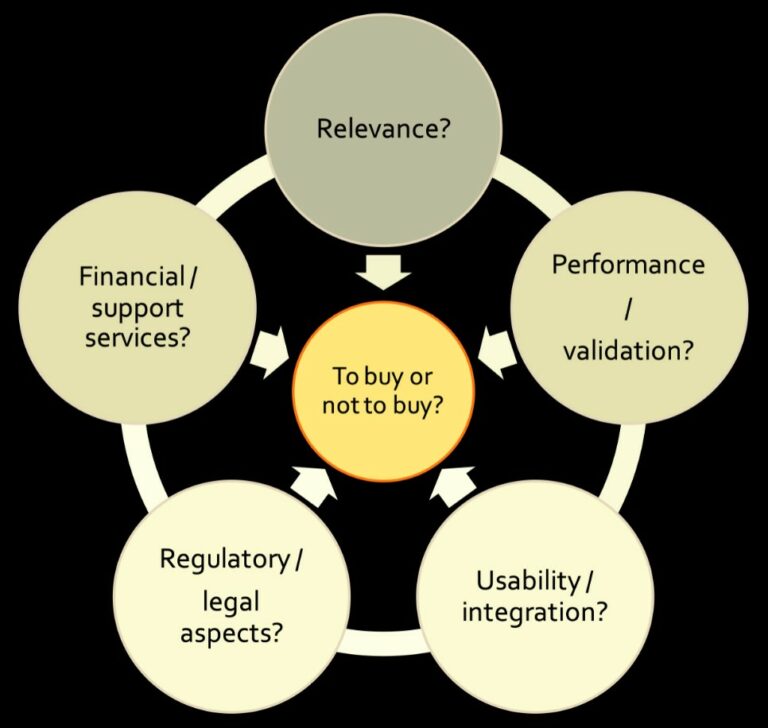
To buy or not to buy—evaluating commercial AI solutions in radiology (the ECLAIR guidelines)
Artificial intelligence (AI) has certainly made impressive progress over the past few years. Consequently, many companies have entered the market bombarding radiologists with diagnostic AI tools aiming to help them in their clinical practice. Navigating through this plethora of AI product offerings can be quite challenging at times. How do you know if the marketing claims could hold up in










